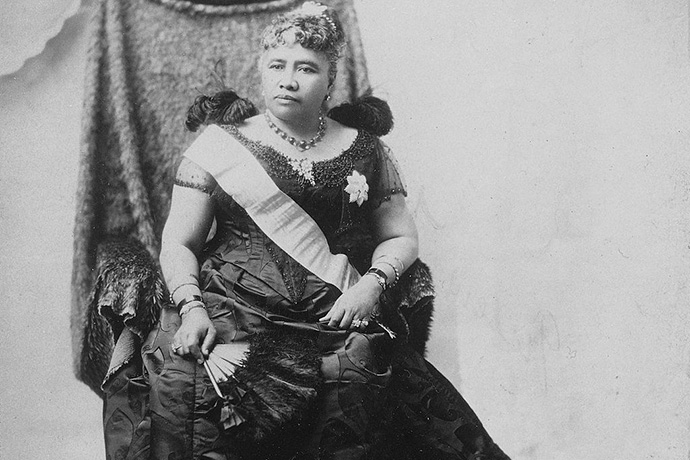
Key Points:
- General Conference approved issuing a formal apology for the denomination’s role in the 1893 overthrow of the Hawaiian monarchy.
- A task force of the California-Pacific Conference will work with the United Methodist Commission on Religion and Race on the official apology.
- United Methodists in Hawaii cheered General Conference’s action, which came on April 29, as part of the consent calendar.
Hawaiian United Methodists are cheering the decision by General Conference to approve a formal apology for the denomination’s role in the overthrow of the 1893 Hawaiian monarchy.
“I am ecstatic, just thrilled after so many years of waiting for this to finally happen,” said the Rev. Amy Wake, pastor of Trinity United Methodist Church in Pearl City, Hawaii. “It means we can go back to (Native) Hawaiians and tell them The United Methodist Church has heard you and The United Methodist Church is with you.”
The apology petition was supported overwhelmingly in committee and gained final approval during plenary on April 29, as part of the consent calendar.
Subscribe to our
e-newsletter
The petition calls for the California-Pacific Conference Hawaii Acts of Repentance Task Force to work with the United Methodist Commission on Religion and Race on the official apology.
In approving the legislation, delegates acknowledged a “history of racism and imposed colonial rule” that continues to hold back Native Hawaiians.
“This is a great way of expressing repentance for our sins and brokenness. This gives us a chance to make right what we’ve done wrong in the past,” said the Rev. Won-Seok Yuh, pastor of First United Methodist Church of Honolulu.
In 1993, Congress passed and President Bill Clinton signed legislation acknowledging that the overthrow of the kingdom of Hawaii occurred with the participation of agents of the United States and that the Native Hawaiians never relinquished their claim to sovereignty.
“It’s a history that was not told to us when we were in school in Hawaii,” said the Rev. Allison Mark, a California-Pacific Conference delegate.
Joyce Warner, late historian of First United Methodist Church of Honolulu, discovered in her research for the church’s 150th anniversary celebration that one of its early pastors, the Rev. Harcourt W. Peck, had played a role in the overthrow of Queen Lili’uokalani’s monarchy of the Hawaiian islands on Jan. 17, 1893.
The overthrow was led by independent sugar cane plantation owners and backed by U.S. Marines. Peck, according to the petition approved by General Conference, served as a sharpshooter and aide to the commander of the overthrow.
A year later, he would become pastor of First Methodist Episcopal Church in Honolulu, rejoining a sharpshooter company and serving as chaplain to the new Republic of Hawaii.

The 2012 General Conference of The United Methodist Church paused from legislative concerns to have an Act of Repentance toward Healing Relationships with Indigenous Peoples, a service led by George “Tink” Tinker, a professor at Iliff School of Theology and member of the Osage Nation.
The California-Pacific Conference followed up by creating a task force for acts of repentance with Indigenous communities, and the task force investigated Hawaii’s history, including with predecessor denominations of The United Methodist Church.
And it was the California-Pacific Conference that brought the legislation to the current General Conference, which twice was postponed due to the COVID-19 pandemic.
The petition calls for the conference to have a task force to engage with and listen to native Hawaiians, as part of nurturing “authentic community.”
“The next step is to continue to build relationships with Hawaiians and listen to them so they can guide us on how we can make this apology meaningful beyond words into action and advocacy and ally-ship,” Wake said.
The Hawaii District of the California-Pacific Conference has done a video sharing about the history and need for atonement.
The petition notes that Native Hawaiians continue to suffer disproportionately from homelessness and poor health, among other social ills.
Hodges is a Dallas-based writer for United Methodist News. Kristen Caldwell contributed to this report. Contact Hodges at 615-742-5470 or [email protected]. To read more United Methodist news, subscribe to the free Daily or Weekly Digests.




